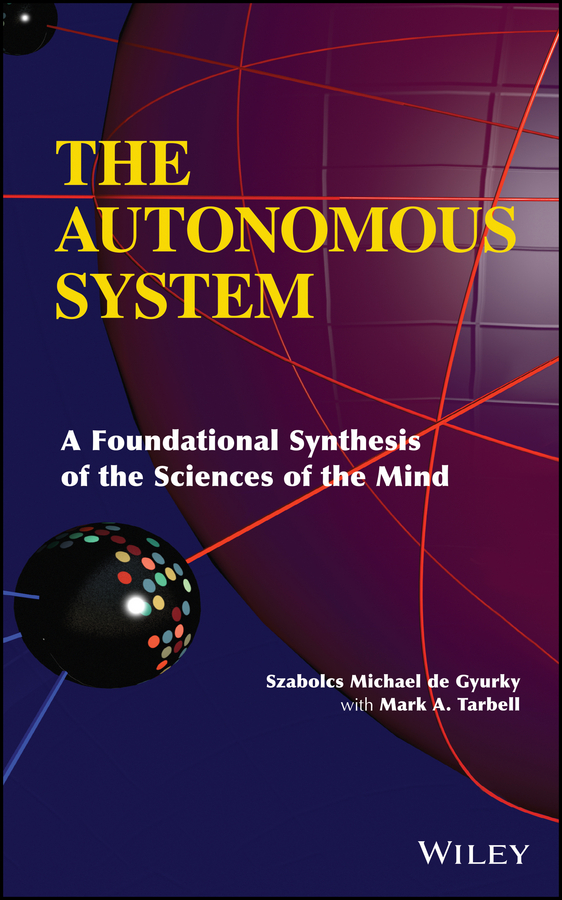Электронная книга: Szabolcs Michaelde Gyurky «The Autonomous System. A Foundational Synthesis of the Sciences of the Mind»

|
The Fundamental Science in«Computer Science» Is the Science of Thought For the first time, the collective genius of the great 18th-century German cognitive philosopher-scientists Immanuel Kant, Georg Wilhelm Friedrich Hegel, and Arthur Schopenhauer have been integrated into modern 21st-century computer science. In contrastto the languishing mainstream of Artificial Intelligence, this book takes the human thought system as its model, resulting in an entirely different approach. This book presents the architecture of a thoroughly and broadly educated human mind as translated into modern software engineering design terms. The result is The Autonomous System, based on dynamic logic and the architecture of the human mind. With its human-like intelligence, it is capable of rational thought, reasoning, and an understanding of itself and its tasks. «A system of thoughts must always have an architectural structure.»—Arthur Schopenhauer, The World as Will and Presentation Издательство: "John Wiley&Sons Limited"
ISBN: 9781118759950 электронная книга Купить за 9112.14 руб и скачать на Litres |
Другие книги схожей тематики:
| Автор | Книга | Описание | Год | Цена | Тип книги |
|---|
См. также в других словарях:
Enlightenment (The Scottish) — The Scottish Enlightenment M.A.Stewart INTRODUCTION The term ‘Scottish Enlightenment’ is used to characterize a hundred years of intellectual and cultural endeavour that started around the second decade of the eighteenth century. Our knowledge of … History of philosophy
Fichte and Schilling: the Jena period — Daniel Breazeale FROM KANT TO FICHTE An observer of the German philosophical landscape of the 1790s would have surveyed a complex and confusing scene, in which individuals tended to align themselves with particular factions or “schools,”… … History of philosophy
Christianity — /kris chee an i tee/, n., pl. Christianities. 1. the Christian religion, including the Catholic, Protestant, and Eastern Orthodox churches. 2. Christian beliefs or practices; Christian quality or character: Christianity mixed with pagan elements; … Universalium
Hermeneutics — Gadamer and Ricoeur G.B.Madison THE HISTORICAL BACKGROUND: ROMANTIC HERMENEUTICS Although the term ‘hermeneutics’ (hermeneutica) is, in its current usage, of early modern origin,1 the practice it refers to is as old as western civilization itself … History of philosophy
Romanian philosophy — is a name covering either a) the philosophy done in Romania or by Romanians, or b) an ethnic philosophy, which expresses at a high level the fundamental features of the Romanian spirituality, or which elevates to a philosophical level the… … Wikipedia
Hasidic philosophy — This article is about Hasidic philosophy. For an overview of the Hasidic movement, see Hasidic Judaism. Hasidus called the Torah of the Baal Shem Tov and his Wellsprings , after his account in a letter to Gershon of Kitov about the elevation of… … Wikipedia
